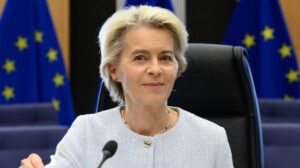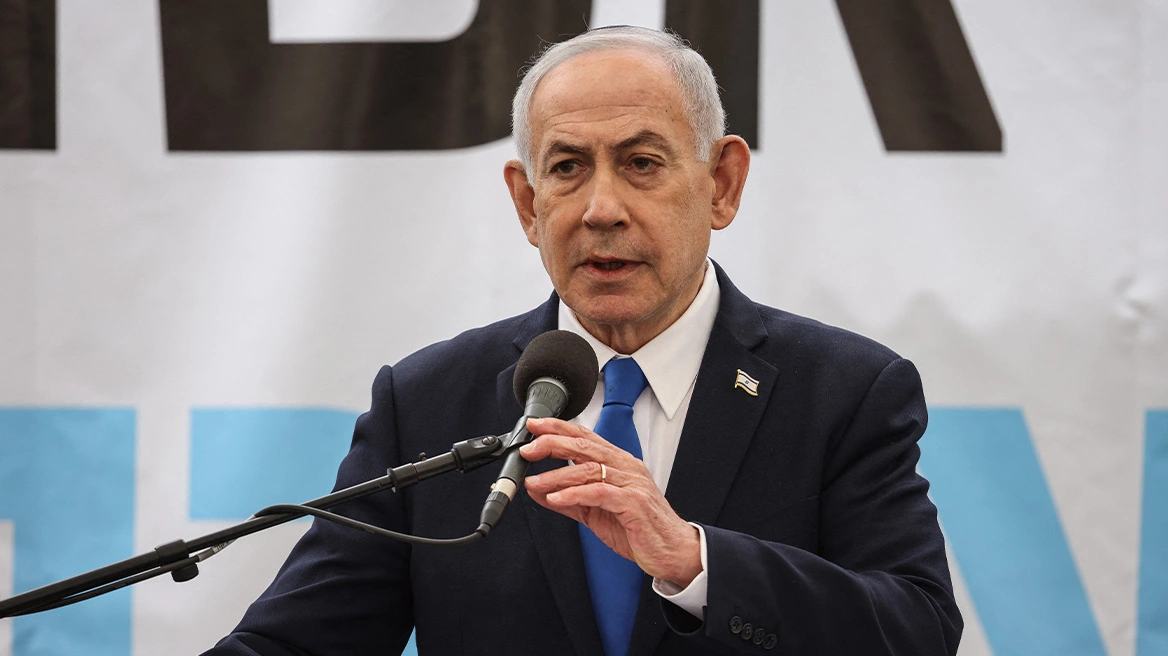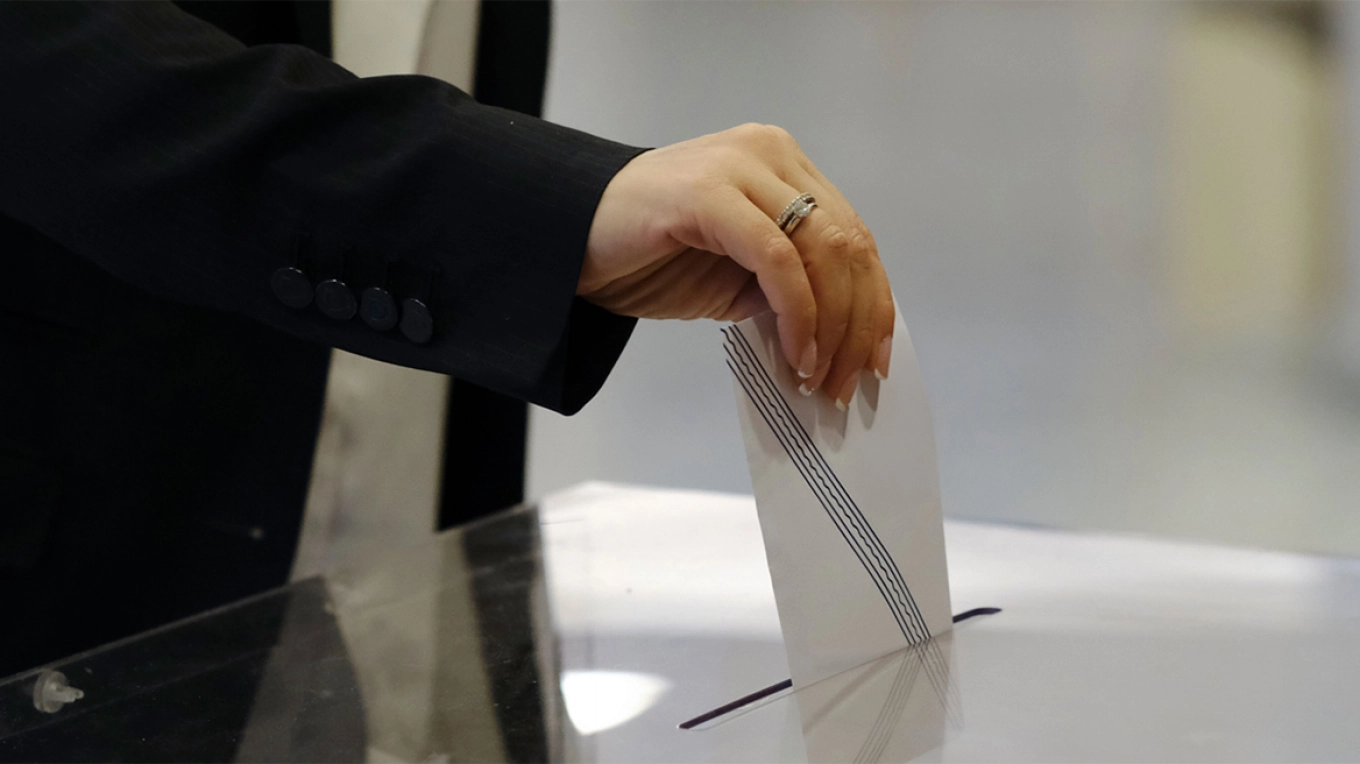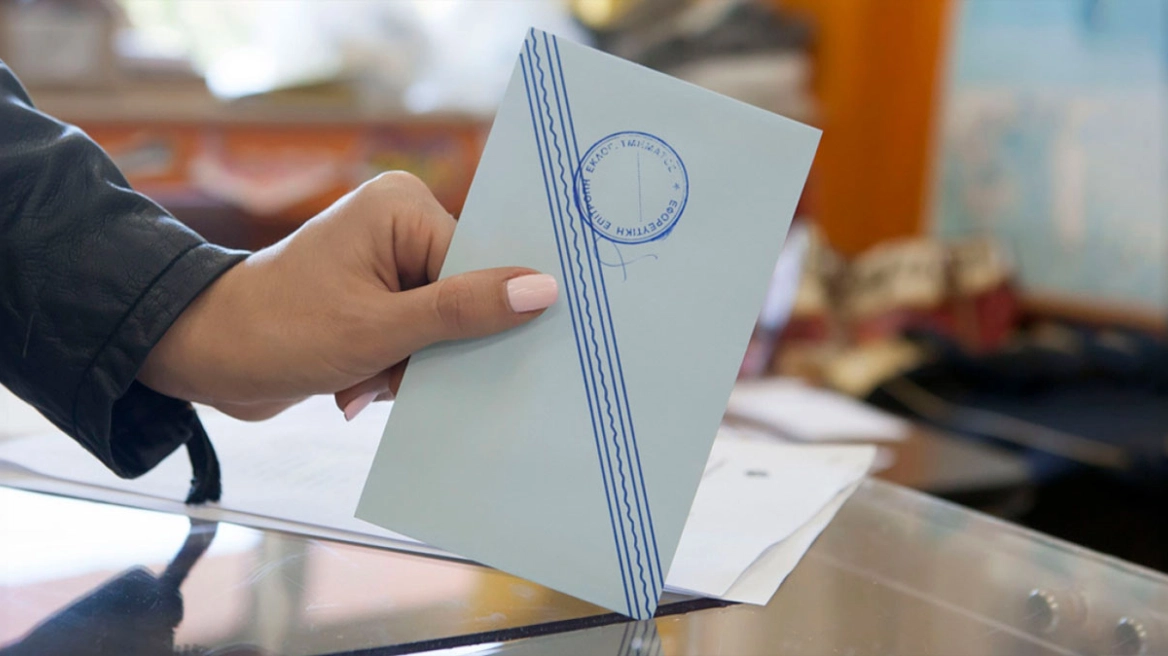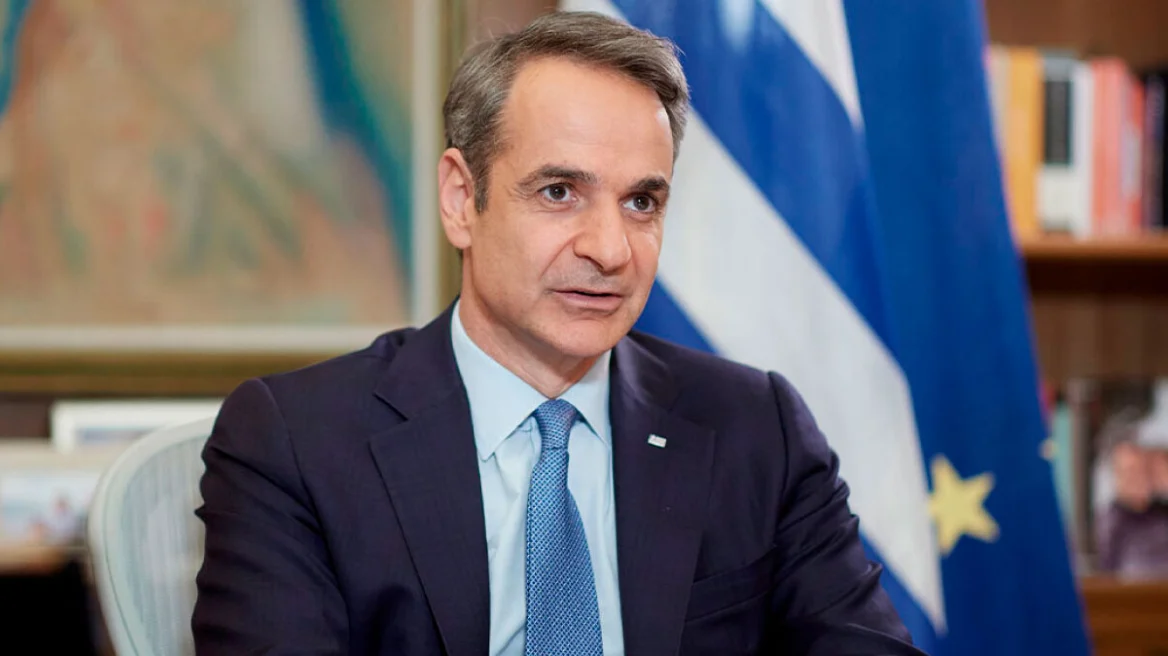European Commission President Ursula von der Leyen and her counterparts from four Mercosur countries (Brazil, Argentina, Paraguay, and Uruguay) have concluded negotiations on the EU-Mercosur pioneering partnership agreement.
Ursula von der Leyen, President of the European Commission, announced at the end of the talks that the EU and Mercosur have reached a political agreement on a pioneering partnership. In particular, she said: “We have reached a mutually beneficial agreement that will ensure substantial benefits for consumers and businesses on both sides. We emphasize fairness and mutual benefits. We listened to the concerns of our farmers and acted on them. This agreement includes strong safeguards that will protect your livelihoods. The EU-Mercosur agreement is the biggest agreement ever reached to protect EU food and drink. More than 350 EU products are now protected with a geographical indication. In addition, our European health and food standards remain unchanged. Mercosur exporters will have to comply strictly with these standards to have access to the EU market. This is the reality of an agreement that will allow EU businesses to save €4 billion in export duties annually.”
As the European Commission noted on its website, “This agreement comes at a crucial moment for both sides, as it implies opportunities for significant mutual benefits through enhanced geopolitical, economic, sustainability and security cooperation.
It will strengthen strategic commercial and political ties between like-minded and trustworthy partners. It will support economic growth, stimulate competitiveness, and strengthen the resilience of both sides by opening up trade and investment opportunities and ensuring sustainable access and processing related to raw materials.
It is a major milestone in the fight against climate change with strong, concrete, and measurable commitments to halt deforestation.
It takes into account the interests of all Europeans, including the crucially important EU agricultural sector. It will help increase EU agri-food exports while protecting sensitive sectors.
It respects EU animal health and food safety standards, preventing unsafe products from entering our market.”
Strengthening the competitiveness and economic security of the EU and Mercosur
As announced by Brussels, this agreement
-Will secure and diversify the supply chains of EU countries
-Will create new opportunities for all businesses by removing often prohibitive tariffs on EU exports to Mercosur.
-Will allow EU businesses to save €4 billion in tariffs per year.
-Will secure trade preferences in strategic industrial sectors of zero net emissions, such as renewable energy technologies and low-carbon fuels.
-Will help small and medium-sized enterprises to export more by reducing red tape.
-Will ensure the efficient, reliable, and sustainable flow of raw materials critical to the global green transition.
Enhanced commitment to sustainability
This agreement according to EU officials reinforces the EU-Mercosur commitment to sustainability principles as follows:
-The Paris Agreement becomes an essential element of the EU-Mercosur relationship.
concrete commitments are made to halt deforestation.
– a key element of the EU’s commitment to the EU’s environmental policy.
– concrete commitments are made to halt deforestation.
-clear and enforceable commitments are made on sustainable development, in particular on labour rights and sustainable forest management and conservation.
-Civil society organisations are given an active role in monitoring the implementation of the agreement, in particular with regard to human rights or environmental concerns.
-In addition, EU support of €1.8 billion will facilitate a fair green and digital transition in Mercosur countries under the Global Gateway policy initiative.
Next steps
The proposed EU-Mercosur agreement consists of a political and cooperation pillar and a trade pillar. The end of the negotiations is the first step in the process of concluding the agreement.
Ask me anything
Explore related questions
